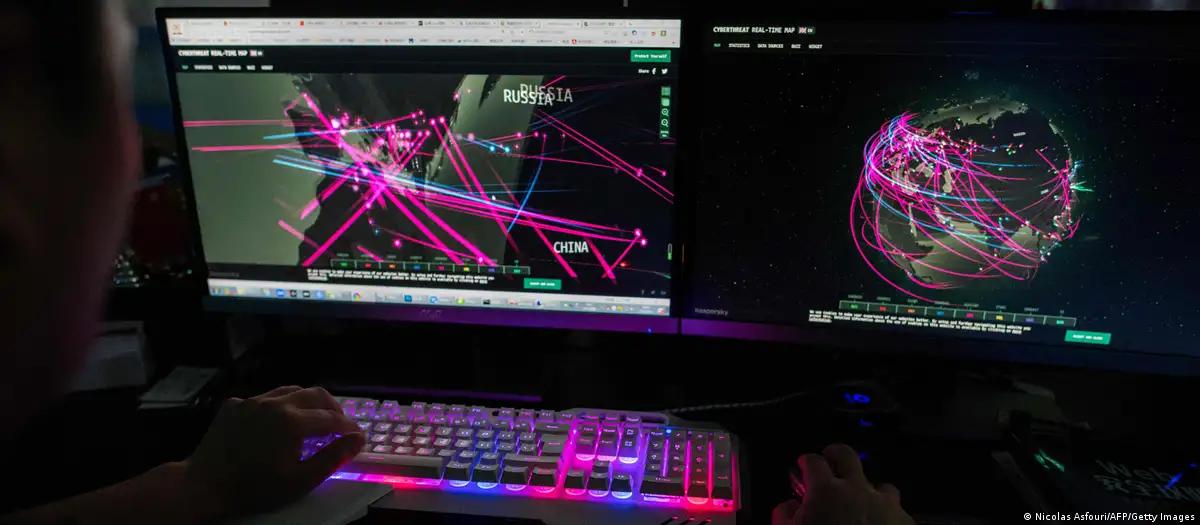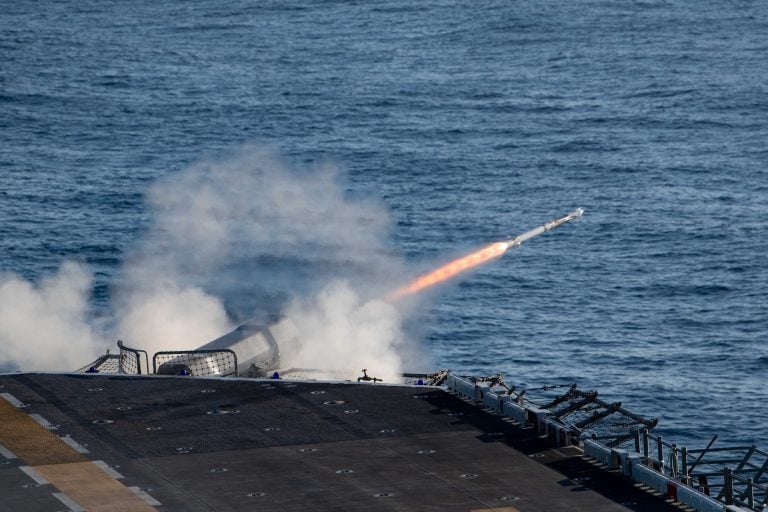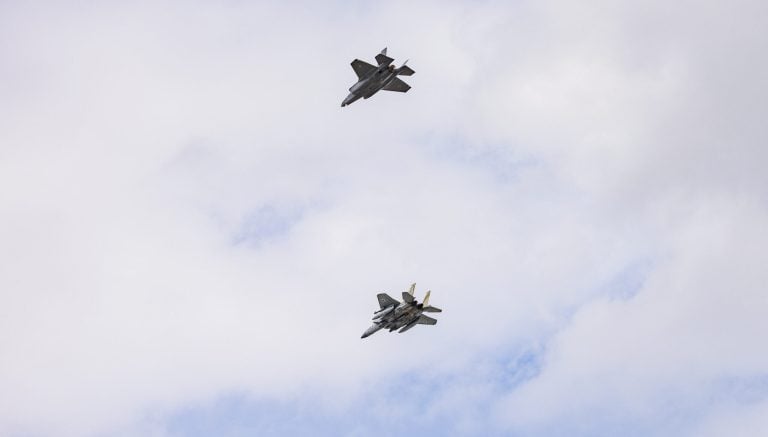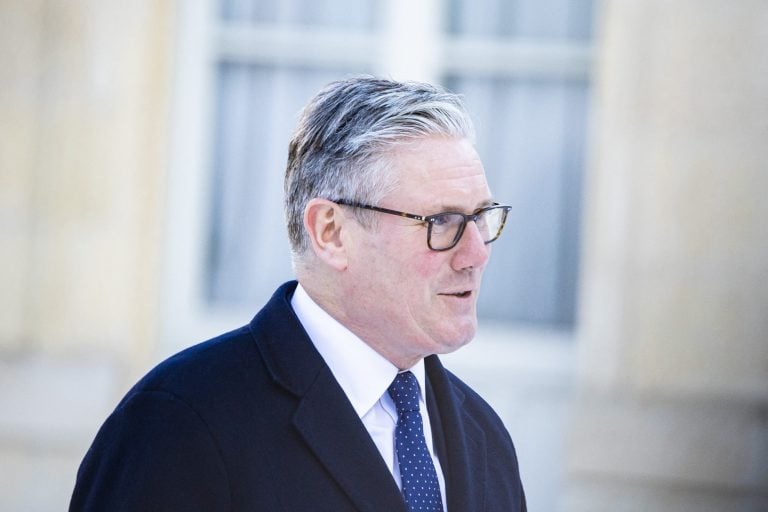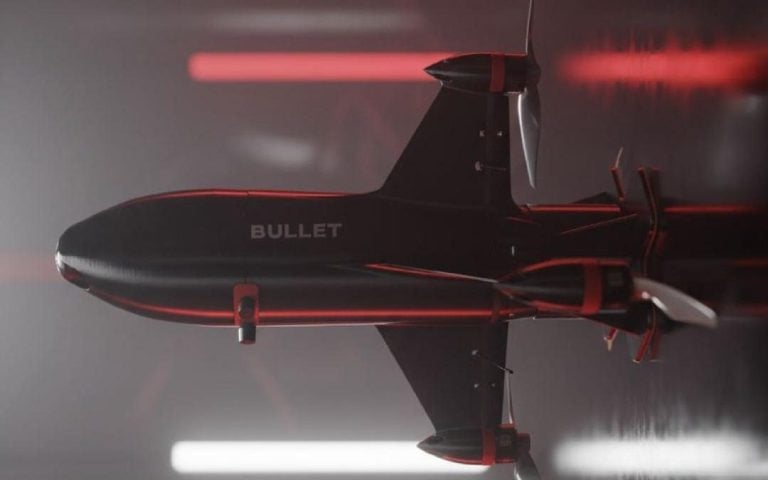The European Union has granted approval for Switzerland to participate in the significant “Cyber Ranges Federation” (CRF) project, designed to connect and enhance national cyber training infrastructures across the continent. This project aims to facilitate collaborative exercises, training sessions, and research initiatives centered on advanced cyber defense strategies.
Through the CRF, various national cyber training centers and industries are set to work together on the development of cutting-edge technologies, particularly in the realms of artificial intelligence, autonomous vehicles, and the safeguarding of critical infrastructure, including power grids and military systems. A core objective of the CRF involves the integration and expansion of national cyber defense capabilities into a cohesive framework, which will streamline processes like testing, validation, and experimentation among participating nations.
Estonia is at the helm of the CRF, joined by Austria, Belgium, Bulgaria, and Finland, while France, Italy, Latvia, and Luxembourg also contribute to the initiative. The collaborative effort represents a significant step towards enhancing European cyber resilience and defense readiness.
In addition to the CRF, Switzerland has also committed to participating in the “Military Mobility” project, which seeks to facilitate smoother cross-border military transport within the EU. This initiative is focused on simplifying the movement of military personnel and equipment by minimizing bureaucratic hurdles associated with rail, road, air, and sea transit routes. The project involves the sharing of best practices to enhance overall transport efficiency across member states.
Together, these initiatives are symbolic of efforts to promote interoperability and training among European defense forces, operating under a non-binding administrative framework that respects Switzerland’s longstanding policy of neutrality.
Both projects fall under the umbrella of the Permanent Structured Cooperation (PESCO), a defense initiative launched by the European Council in 2017. Currently, 26 out of the 27 EU member states are engaged in over 60 PESCO projects, which are aimed at bolstering defense capabilities through collaborative training and armament efforts, thereby improving interoperability across European military forces.
